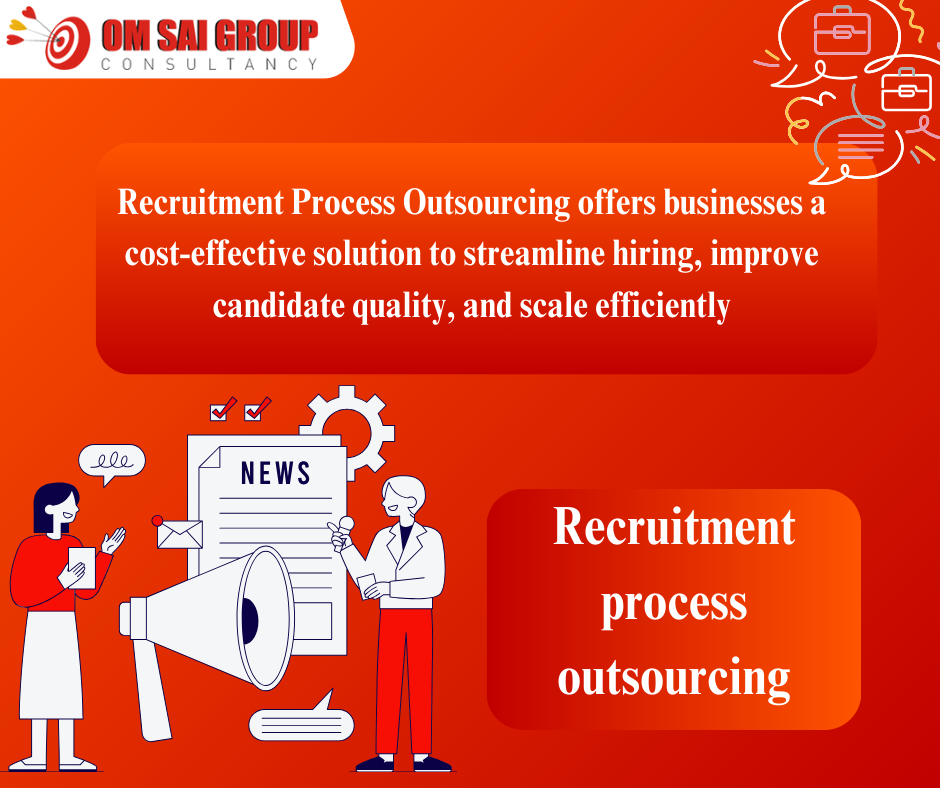Recruitment process outsourcingRecruitment process outsourcing
Recruitment Process Outsourcing: Transforming Hiring into a Strategic Asset In an economy where agility, scalability,
The Consultant’s Blog: Smart Solutions for Modern Businesses

Recruitment Process Outsourcing: Transforming Hiring into a Strategic Asset In an economy where agility, scalability,